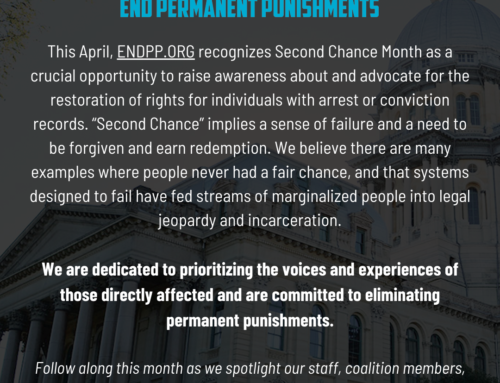
While I cast my vote with pride, I was also reminded that in spite of my service and commitment to my community, my name could never appear on that ballot, simply because of my past. In Illinois, people with criminal records are prohibited from running for local office, representing the community at their school district or local library and serving on a number of boards and commissions throughout the state.
I serve on the Carbondale United executive board, am an Illinois state-certified community health worker, chair the NAACP Carbondale branch’s criminal justice committee, am on the board development committee of the neighborhood co-op and am a doctoral candidate and former instructor mentoring young minds on and off campus. But because of a past conviction, the law prevents me from local civic leadership and community service.
Across the state, 1.2 million adults have conviction records. That is over one million Illinoisans who have served their time, paid all fines and fees related to their conviction, and are permanently barred from serving their communities. Further, we know that because of the racism that undergirds our economic, political and social systems, Black and Brown communities are disproportionately impacted by the legal system, and are therefore being shut out from these positions at higher rates. Thirty-five percent of the 1.2 million adults with records are Black, two and a half times higher than the state’s Black population.







